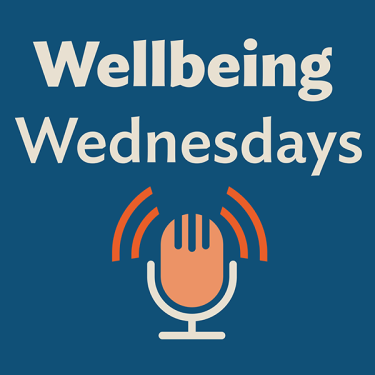The behavioral health field is facing a critical workforce shortage, one that affects both the present and the future. Currently, more than 122 million Americans live in Mental Health Professional Shortage Areas. By 2037, the Health Resources and Services Administration projects shortages of nearly 88,000 mental health counselors and 114,000 addiction counselors.
These facts emphasize the urgency of preparing new professionals to enter the field while doing all we can to support and retain the existing workforce.
As we know from research and anecdotally through regular conversations with our members, workforce gaps are driven by a rise in demand for services as well as workers leaving the field due to burnout, limited training pathways and barriers to licensure and advancement.
To help address these challenges, the Workforce Solutions Partnership (a joint effort of the National Council for Mental Wellbeing, Health Management Associates and The College for Behavioral Health Leadership) hosted a two-part Workforce Solutions Jam series in spring 2025.
In the Strengthening Workforce Pathway (April) session, panelists from UNC-Chapel Hill, Hazelden Betty Ford Graduate School and San Jacinto College emphasized:
- The importance of affordability and accessibility in education
- The need for paid internships and clearer career ladders
- The value of alternative pathways for those who can’t follow a traditional academic route
In the Skilling Up the Behavioral Health Workforce (June) session, leaders from Walden University, the Jewish Board and Health Management Associates shared practical solutions for upskilling current professionals. Key takeaways included:
- The power of online and hybrid learning to reach nontraditional students and individuals currently in the workforce
- The importance of community partnerships to support real-world training
- A reminder that “learning is not part of the inefficiency” and that ongoing training is essential, not optional
A key message from both sessions: “Training is a lifelong process.”
Access the Workforce Solutions Jam recordings and explore the insights.
Resources to Support Your Behavioral Health Workforce
We know you’re working hard (with fewer resources) to meet growing demands. That’s why we’re proud to offer several valuable opportunities through our partnerships.
Strengthening the Credentials of Your Workforce
Hazelden Betty Ford Graduate School: The nation’s longest-running training institution for alcohol and drug counselors continues to evolve their offerings with online and hybrid graduate and professional development courses in addictions and mental health. Graduates achieve notable success in licensing/certification exam pass rates (98.9%) and employment (92%) within six months of graduation. And you don’t need a bachelor’s degree to apply through their alternative admissions pathway. For additional details or questions about their accredited degree programs leading to an MA in Counseling, please contact LeAnn Brown. Hazelden Betty Ford Graduate School is offering an exclusive scholarship for National Council members!
Walden University: Walden University is committed to becoming a comprehensive solutions partner for the National Council and its affiliated organizations. They recognize the critical workforce shortages facing the behavioral health sector and are ready to provide meaningful support. National Council members may access exclusive tuition savings or grants on a wide variety of degrees and certificates across areas of study including social work, mental health counseling, human services, public health and business. Visit waldenu.edu/partners/nationalcouncil to learn more.
Licensing and Career Support
Triad: Triad (AATBS) offers licensure exam preparation resources for a range of behavioral health professionals preparing to take their licensure exams — from social workers and marriage and family therapists to alcohol and drug counselors and behavior analysts. They also help behavioral health organizations recruit and hire top talent with their behavioral health-specific job board. National Council members receive 30% off licensure exam prep resources and job board services!
Behavioral health professionals or those interested in the field can also access career resources curated specifically for behavioral health professionals and explore new job opportunities all for free through the Triad hub at HelloTriad.com.
Attracting Highly Qualified Interns and Potential Team Members
Offer real-world experience and gain staff supports by providing work-based learning for students. National Council members interested in hosting interns or practicum or clinical placements are invited to connect with Hazelden Betty Ford Graduate School and/or Walden University for information on becoming an approved site.
Keep the conversation going! Join our next Workforce Solutions Jam and take a look at some of our previous session recordings.
References
- Health Resources and Services Administration. (2024, November). Health workforce projections.
- National Center for Health Workforce Analysis. (2024, November). State of the behavioral health workforce, 2024. Health Resources and Services Administration.
Author
Director, Practice Improvement and Consulting
National Council for Mental Wellbeing
See bio



